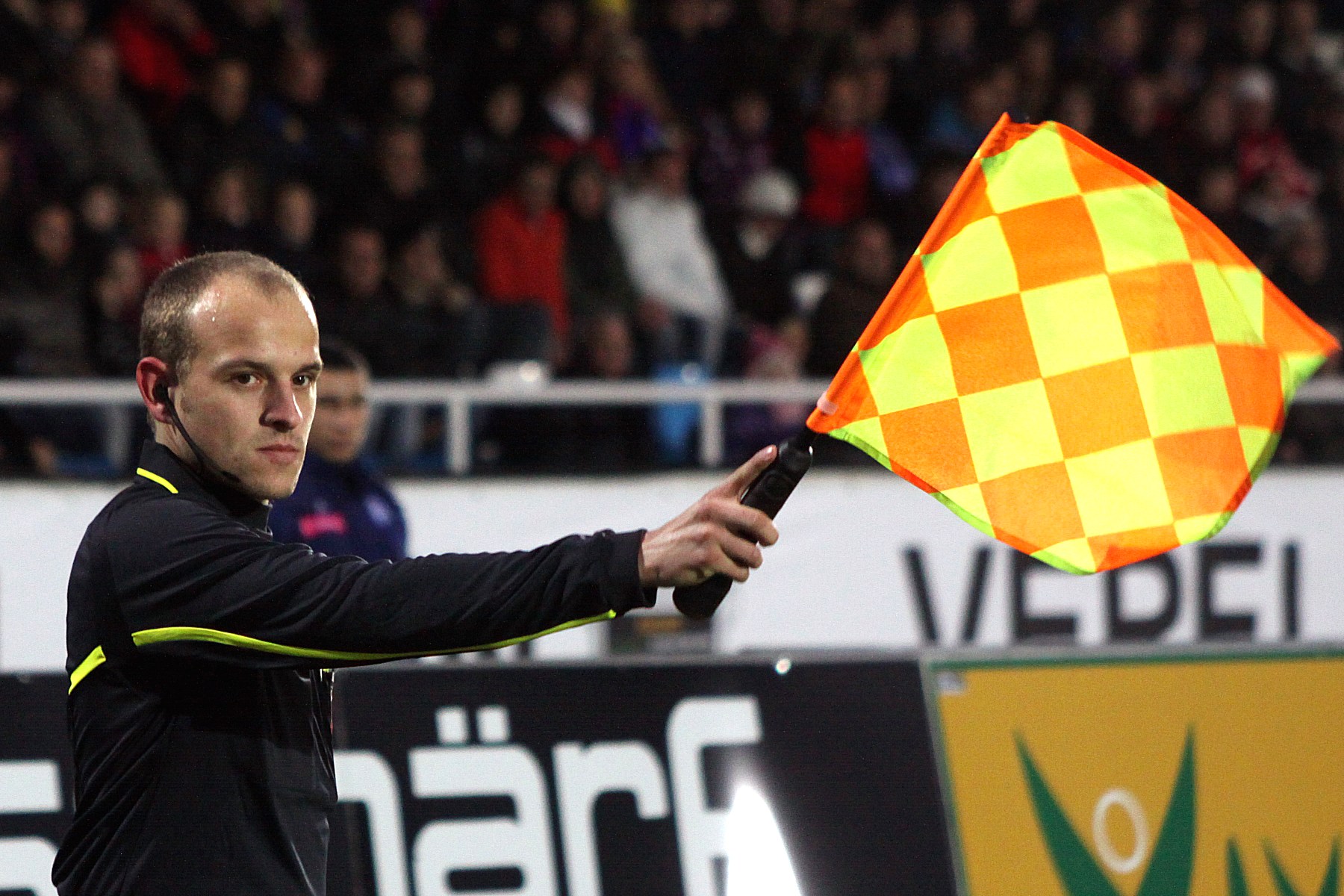The Laws of Rugby
- Introduction to Rugby
- Rugby Basics and Player Safety
- Understanding Game Sequence
- Set Pieces: Scrums and Line-Outs
- In-Game Situations
- Fouls and Penalties
- Game Officials and Their Role
- Application of Laws in Real-world fixtures
Game Officials and Their Role
Role of Assistant Referees and Television Match Official (TMO) in Rugby

Official in association football.
In the dynamic and fast-paced game of rugby, the role of game officials extends beyond the central referee. Assistant referees and the Television Match Official (TMO) play crucial roles in ensuring the smooth conduct of the game and the correct application of rugby laws. This article will delve into the responsibilities and functions of these key officials.
Role and Responsibilities of Assistant Referees
Assistant referees, formerly known as touch judges, are an integral part of the officiating team in rugby. They are positioned along the touchlines and assist the referee in making decisions.
Pre-Match Responsibilities
Before the match, assistant referees check the field for any potential hazards. They also inspect players' equipment for safety, ensuring that boots, protective gear, and clothing adhere to rugby laws.
During the Match
During the game, assistant referees monitor the touch and goal lines. They signal when the ball or a player has gone into touch (out of play), and they also indicate successful or unsuccessful kicks at goal.
Assistant referees also assist the referee in observing other aspects of play, such as foul play or infringements during set pieces like scrums and line-outs. They provide a different perspective and can offer valuable input to the referee, especially in situations where the referee's view may be obstructed.
Post-Match Responsibilities
After the match, assistant referees often participate in a debriefing with the referee to discuss the game and any contentious decisions. This process is crucial for continuous learning and improvement.
Introduction to Television Match Official (TMO)
The Television Match Official (TMO) is a relatively recent addition to rugby officiating, brought about by advancements in technology. The TMO uses video replay technology to assist the referee in making decisions during a game.
Role of the TMO
The TMO's primary role is to review incidents that the referee or assistant referees are unsure of. These typically involve situations related to try scoring, such as grounding of the ball and foul play in the build-up to a try. The TMO can also review incidents of foul play that the on-field officials may have missed.
TMO Decision-Making Process
When a referee calls for a TMO review, the TMO examines various video replays to make an informed decision. The TMO communicates with the referee via a radio link, describing what they see in the replay and offering a recommendation based on the rugby laws. The final decision, however, always rests with the referee.
The use of TMO has brought about a higher level of accuracy in decision-making, ensuring that the outcomes of games are as fair as possible. However, it also presents challenges, such as disruptions to the flow of the game and over-reliance on technology. Balancing these factors is a key aspect of the TMO's role.
In conclusion, assistant referees and the TMO are vital components of the rugby officiating team. They support the referee in upholding the laws of the game, contributing to the fairness and integrity of this beloved sport.